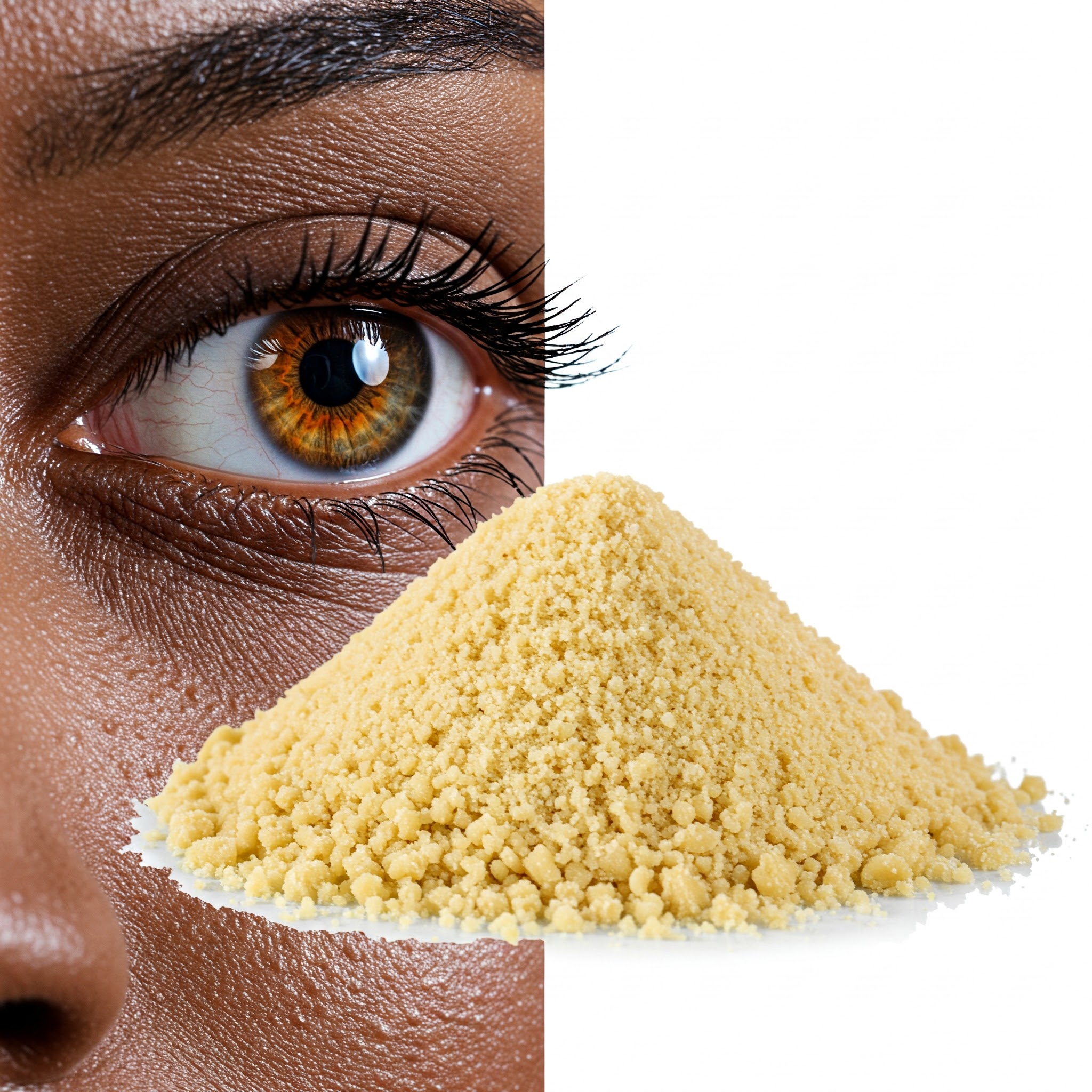The belief that drinking garri (a popular Nigerian food made from cassava) can cause eye problems is a common one—but how true is it?
The Origin of the Belief
This idea likely stems from the fact that cassava, the root crop from which garri is made, contains cyanogenic glycosides—natural compounds that can release cyanide when not properly processed. High exposure to cyanide over time has been linked to health problems, including neurological issues. Some people have speculated that this could extend to vision loss, hence the myth.
The Truth About Garri and Eye Health
When properly processed, garri is safe to consume. Traditional preparation methods—fermentation, drying, and roasting—greatly reduce the cyanide content to levels considered safe by health standards.
There is no solid scientific evidence directly linking garri consumption to eye damage in healthy individuals. Most reported cases of cyanide poisoning or eye issues occur from consuming improperly processed cassava or during times of food scarcity, when people may eat it raw or insufficiently processed.
What Actually Affects Eye Health?
Common causes of eye problems include:
Vitamin A deficiency
Diabetes or high blood pressure
Excessive screen time
Age-related conditions like glaucoma or cataracts
If anything, a lack of nutrient-rich foods—not garri itself—could contribute to eye issues, especially in diets that lack variety.
Bottom Line
Drinking garri in moderation, when properly processed, does not cause eye problems. The key is to ensure that the garri you consume has been produced using safe methods. As with any food, balance and variety are important for overall health, including your vision.
